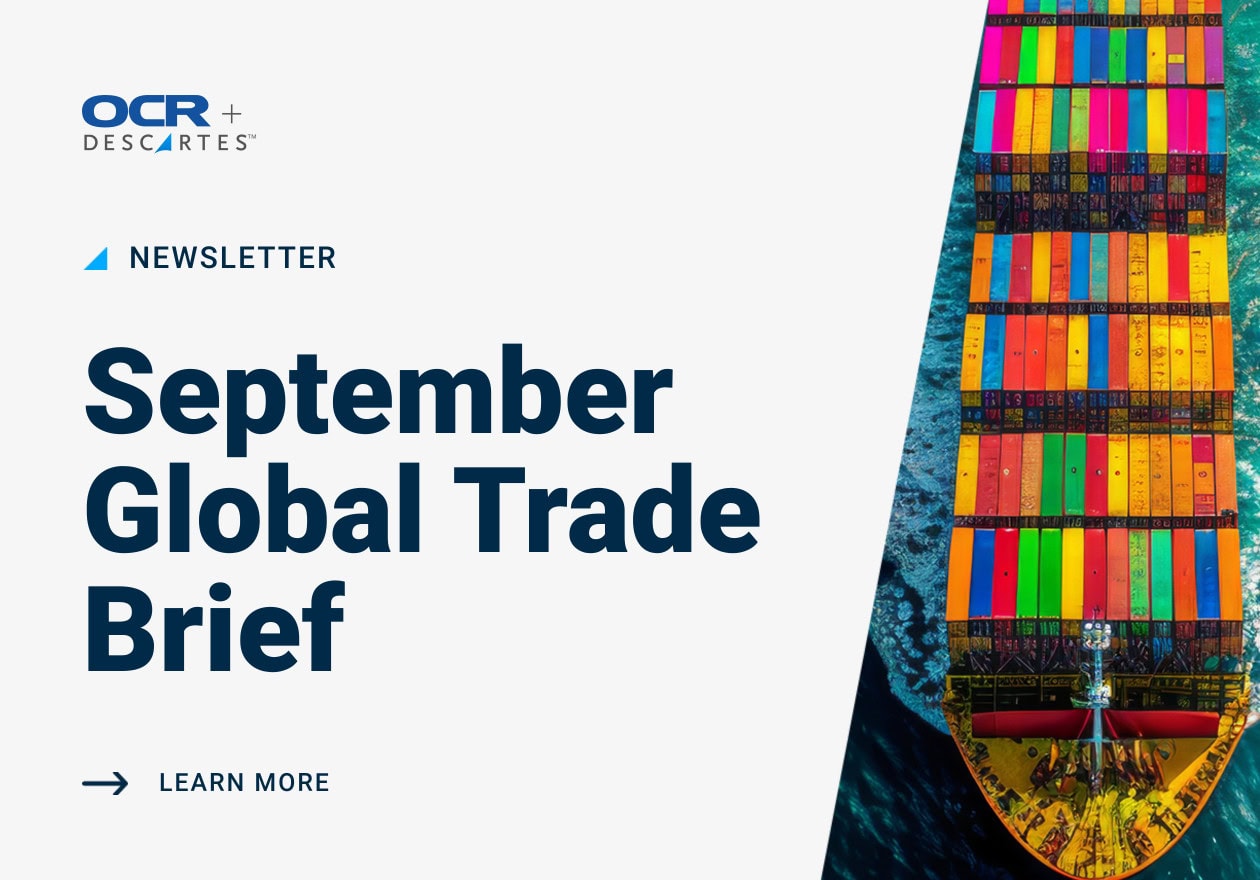U.S. sanctions, timber and pearl enterprises in Myanmar
The U.S. Treasury Department’s Office of Foreign Assets Control (OFAC) issued a release-blocking transaction by two state-owned enterprises in Myanmar involved in timber and pearl exports.
According to the OFAC release, the identified enterprises are designated pursuant to Executive Order 14014, “Blocking Property with Respect to the Situation in Burma.”
As a result:
All property and interests in property of the entities that are in the United States or in the possession or control of U.S. persons are blocked and must be reported to OFAC.
Any entities that are owned, directly or indirectly, 50% or more by one or more blocked persons are also blocked.
Unless authorized by a general or specific license issued by OFAC (or otherwise exempt), all transactions by U.S. persons or within (or transiting) the United States that involve any property or interests in property of designated or otherwise blocked persons are prohibited.
The prohibitions include the making of any contribution or provision of funds, goods, or services by, to or for the benefit of any blocked person or the receipt of any contribution or provision of funds, goods, or services from any such person.
U.S. invokes the “rapid response labor mechanism” under the USMCA
The Office of the U.S. Trade Representative (USTR) issued a release announcing that the United States has asked Mexico to review whether workers at a U.S. automotive manufacturer’s facility in Mexico are being denied the right of free association and collective bargaining.
The U.S. request is the first time any country has invoked the “rapid response labor mechanism” as contained in the United States-Mexico-Canada Agreement (USMCA).
Under the USMCA, Mexico must have in place specific laws necessary for the effective recognition of the right to collective bargaining. The rapid response labor mechanism provides for expedited enforcement of collective bargaining and free association rights at the facility level so that:
The first step is for the United States to submit a request that Mexico reviews whether there is a denial of rights and then to attempt to remediate any issues it finds.
If the United States and Mexico are subsequently unable to agree that the issue has been resolved, the United States may request the establishment of a rapid response labor panel to determine whether there has been a denial of collective bargaining rights.
The USTR and the U.S. Labor Department received information appearing to indicate violations of workers’ rights at the manufacturer’s facility in Silao (in the Mexican state of Guanajuato) in connection with a recent worker vote, organized by the existing union, to approve a collective bargaining agreement.
The U.S. Treasury Secretary in the meantime has been directed to suspend the final settlement of customs accounts related to entries of goods from the company’s Silao facility.
ITAR export violations – U.S. company to pay $13 million
Alleged violations of the Arms Export Control Act (AECA) and the International Traffic in Arms Regulations (ITAR)
According to the State Department release, there were unauthorized exports and re-transfers of ITAR-controlled technical data that contained engineering prints showing dimensions, geometries, and layouts for manufacturing castings and finished parts for multiple aircraft, gas turbine engines, and military electronics to and/or within Canada, Ireland, Mexico, China, and Taiwan.
Under the terms of the 36-month consent agreement, the company will pay a civil penalty of $13 million—of which the State Department agreed to suspend $5 million on the condition that the funds will be used for Department-approved consent agreement remedial compliance measures to strengthen the company’s compliance program. In addition, for an initial period of at least 18 months, an external special compliance officer will be engaged by the company to oversee the consent agreement, which will also require one external audit of the company’s compliance program during the agreement term as well as implement additional compliance measures.
The State Department found that the company had:
- Voluntarily disclosed the alleged violations
- Acknowledged the serious nature of the alleged violations
- Cooperated with the State Department’s review
- Instituted a number of compliance program improvements



